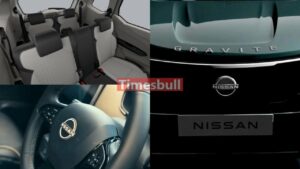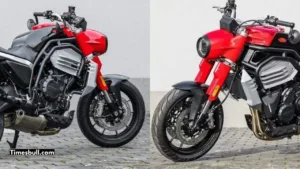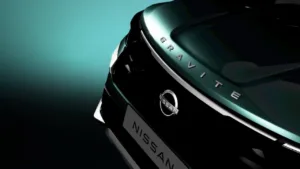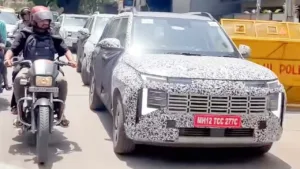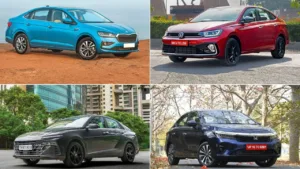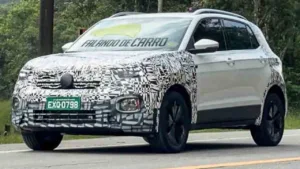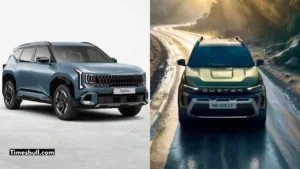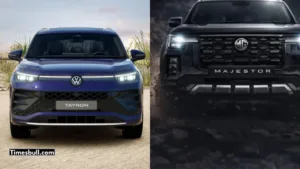Huawei: Demand for electric vehicles is rising across the globe, yet their limited range still worries many buyers. In the middle of this concern, Chinese tech giant Huawei has made a bold claim that might change the market completely. The company says it is working on a battery that could power an electric car for 3,000 kilometers on a single charge.
Huawei’s Big Battery Breakthrough
Huawei filed a new Chinese patent for this technology. It discusses a solid-state battery that can hold much more energy than modern batteries and charge quicker. The battery employs nitrogen-doped sulfide electrodes, which will prevent it from being damaged in the long run. As per the company, this battery could provide an energy density of 400 to 500 Wh/kg, which is almost three times greater than existing lithium-ion batteries. Huawei also asserts that it would charge from zero to full in only five minutes, which is utterly astonishing news for those who own electric vehicles.
Test Results and Reality Check
Huawei’s figures are based on the CLTC, a Chinese light-duty vehicle test cycle, which usually shows higher range numbers. In this test, the battery reaches an impressive 3,000 kilometers. However, if measured using America’s stricter EPA test, the expected range drops to around 2,000 kilometers. Even then, this is much higher than what current EVs offer, making it a huge leap forward in battery technology.
Challenges Ahead
It would be a very big and heavy battery. Its weight could even be that of a small car, raising the price and becoming difficult to accommodate in most cars. Experts believe that companies won’t utilize the whole capacity but will make the battery lighter and shorter in size to balance design, weight, and cost. In that scenario, these batteries would allow electric vehicles to have a useful range of 800 to 1,000 kilometers, still far superior to current designs.
Future of Solid-State Technology
Solid-state batteries have long been referred to as the future of energy storage. Huawei is not the only one that is working on this technology, but the big problem is to make these batteries cheap and easy to mass-produce. Automakers must also integrate them in a manner that does not disrupt auto cost and design. If successful, Huawei has the potential to revolutionize the EV market, but until then, people will just have to wait and see if this fantastic promise actually becomes a useful product.
Also Read:
